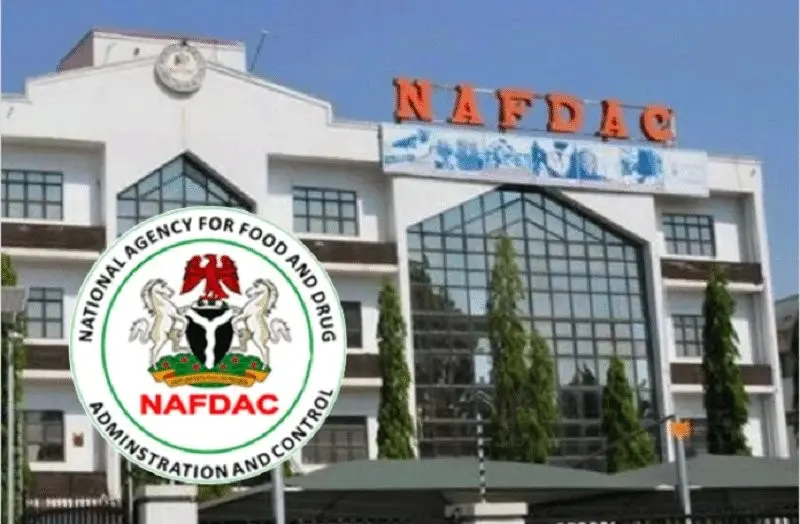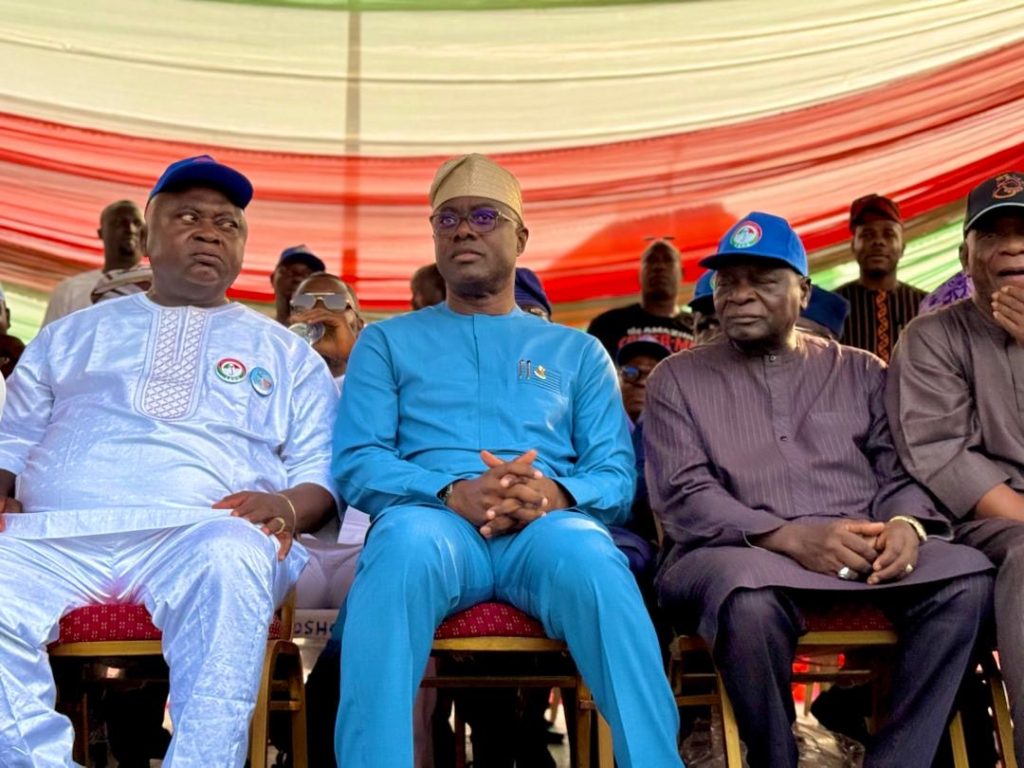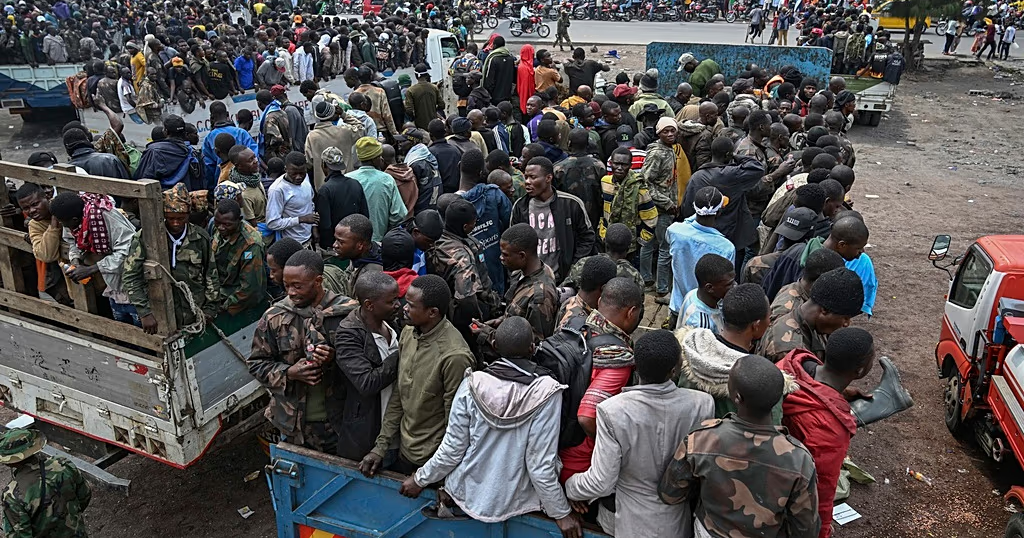The Wagner Group, a privately-owned military contracting entity known for its shadowy operations in conflict zones, has been operating in many African countries since 2014. Its presence goes beyond security matters, with the group believed to be actively involved in mining and other economic activities in eighteen African countries.
According to Julian Rademeyer of the Global Initiative Against Transnational Organised Crime, “Wagner itself has developed over time as an organization that’s gone from being a purely private military contracting entity into a multiplicity of business alliances and relations and a network of companies. Some of them are front companies across the countries in which they operate on the African continent.” It is widely believed that the group is primarily a Kremlin military tool designed to boost Russia’s economic and military influence in Africa.
Wagner’s influence has been the subject of a study titled “Russia’s military, mercenary and criminal engagement in Africa,” authored by Julia Stanyard. The study explores how Wagner’s activities and characteristics reflect broader trends in the evolution of Russia’s oligarchs and organized crime groups, their respective relationships with the Russian state, and their activities in Africa.
The group has been accused of human rights abuses, with local communities reporting forced labor and sexual violence. Human Rights Watch says it has collected compelling evidence that Russian fighters have committed grave abuses against civilians in the CAR with complete impunity since 2019.
While the governments and sections of their population have welcomed the group, some are concerned about the lack of oversight and accountability. The African Union adopted the African Standby Force Concept of Operations in 2019, which seeks to strengthen the capacity of African states to respond to crises and reduce their reliance on external actors. However, the implementation has been slow, and there are concerns that the Wagner Group and other mercenary groups will continue to operate with impunity.
According to CIVICUS, an international alliance promoting civic action, Wagner’s involvement is “contributing to the closing of civic space. In the CAR, with his position bolstered, Touadéra has further repressed dissenting voices. Humanitarian workers and independent journalists are among those subjected to violence and intimidation by Wagner forces.”
The issue of private military contractors in Africa is not limited to the Wagner Group. Other companies, such as Academi and Dyck Advisory Group, have also been involved in conflicts in the continent, often with little oversight or accountability. The use of private military contractors has raised questions about the role of states and the responsibility of corporations in conflicts, as well as the need for greater transparency and accountability.



